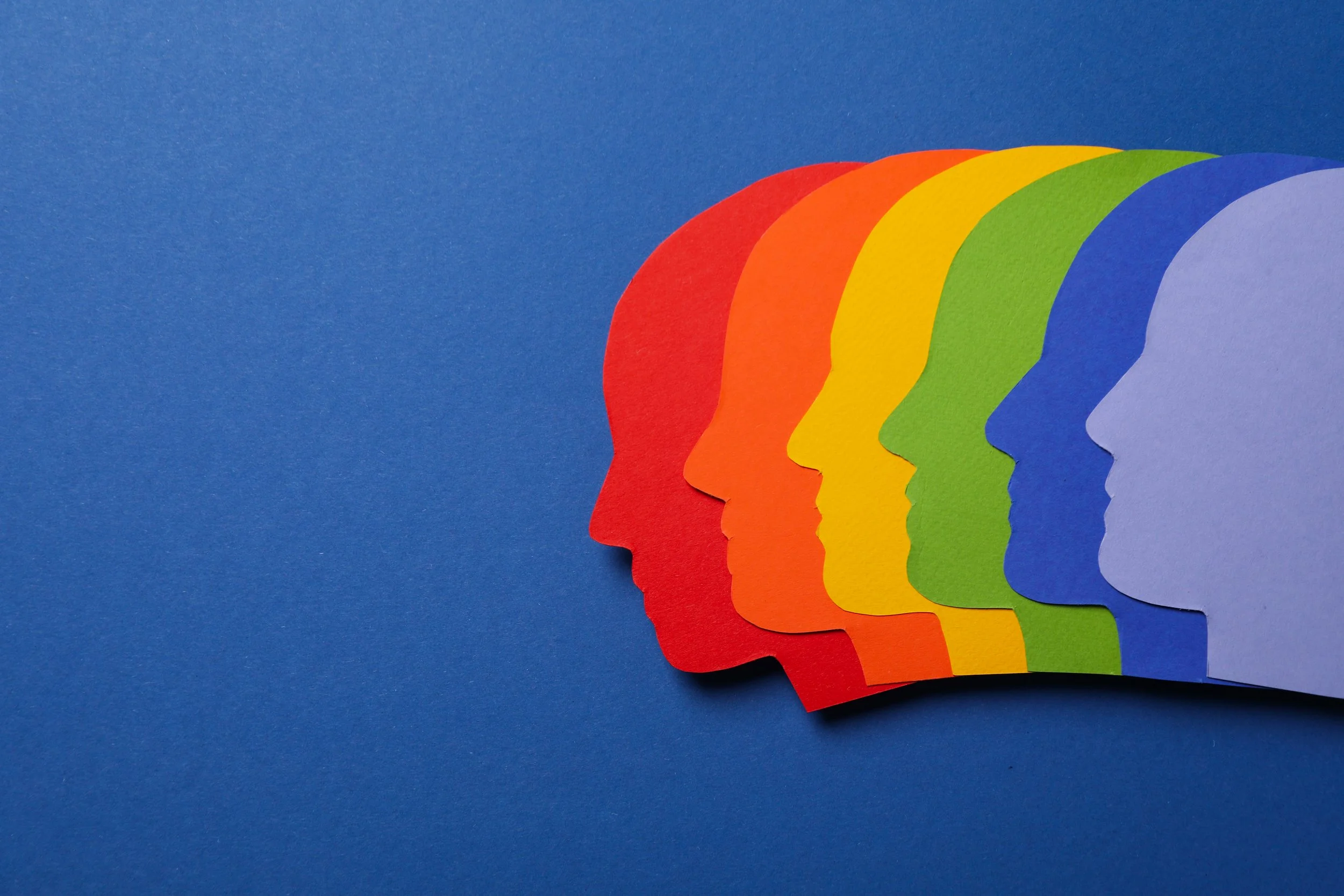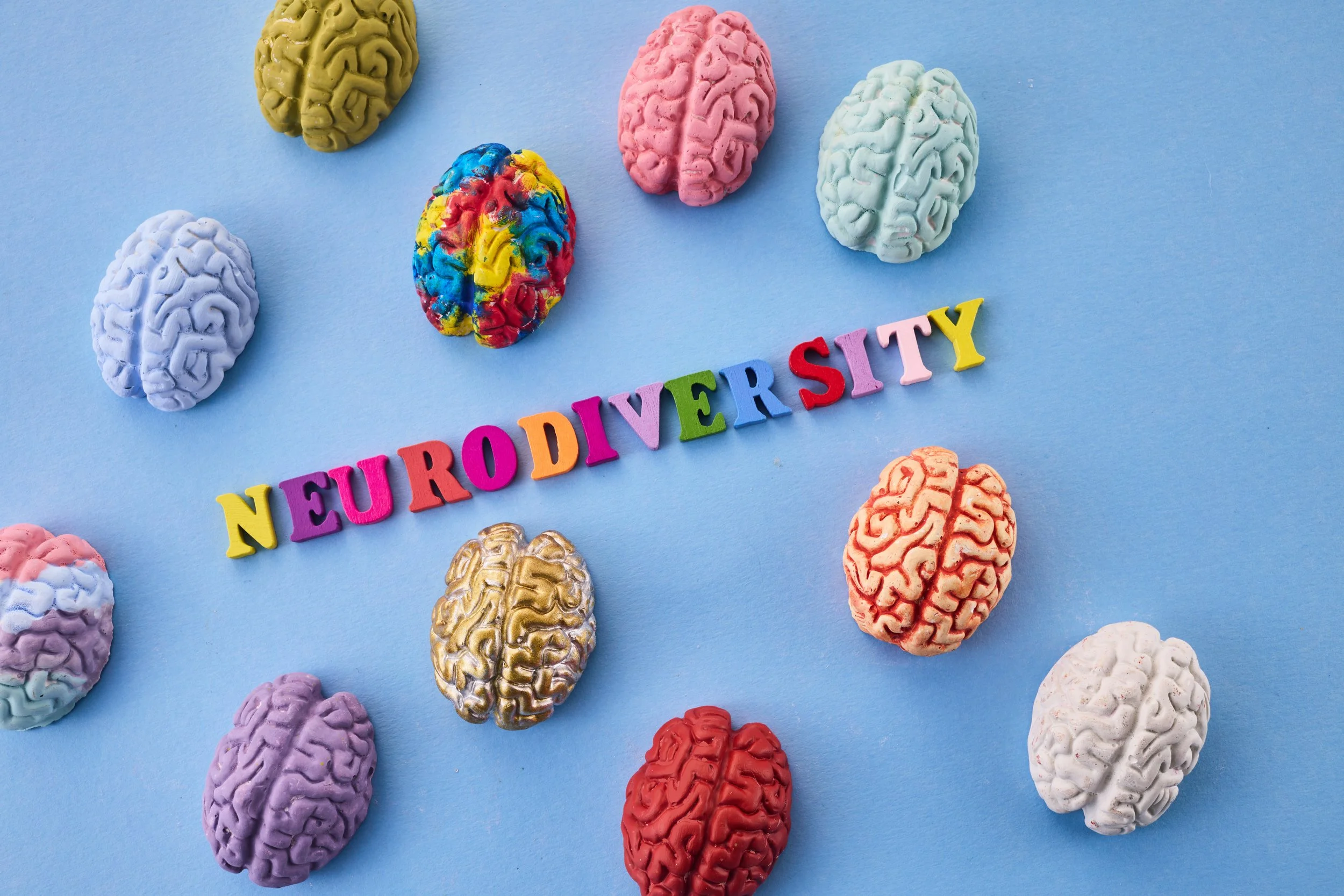Embracing Neurodiversity: An All-encompassing Way to Deal with Understanding and Tending to Fixation
Lately, society has taken critical steps in perceiving and tolerating neurodiversity - the possibility that neurological contrasts are regular varieties of the human cerebrum. While this shift has encouraged inclusivity and understanding, it likewise prompts a nearer assessment of how neurodiversity meets with enslavement. In this blog entry, we'll investigate the complicated connection between neurodiversity and fixation, revealing insight into the remarkable difficulties faced by neurodivergent people and proposing a more comprehensive and compelling way to deal with dependence treatment.
Grasping Neurodiversity
Neurodiversity envelops a scope of neurological varieties, including yet not restricted to mental imbalance, ADHD, dyslexia, and different circumstances. As opposed to surveying these distinctions as the need might arise to be fixed, the neurodiversity worldview celebrates them as fundamental parts of the human variety. This point of view difficulties the conventional clinical model that pathologizes contrasts and on second thought underlines the worth of assorted mental styles and points of view.
Neurodiversity and Fixation
The convergence of neurodiversity and habit is a complex and frequently ignored part of emotional wellness. Neurodivergent people might confront extraordinary difficulties that add to a higher weakness to compulsion. Understanding these difficulties is essential for creating viable counteraction and treatment methodologies.
Tangible Sensitivities
Neurodivergent people frequently experience elevated tactile awareness, which can make them more helpless against outside upgrades. With regards to fixation, tactile over-burden might prompt looking for substances or ways of behaving that give help or idealism from overpowering tangible encounters.
Social Isolation
Numerous neurodivergent people battle with social communication, prompting a feeling of detachment and forlornness. The longing for social association and acknowledgment can drive a few people towards substance use as a method for adapting to these sentiments and working with social commitment.
Chief Capability Challenges
Conditions like ADHD can affect a leader's work, for example, motivation control, arranging, and independent direction. These difficulties might add to a hasty way of behaving, making neurodivergent people more helpless to participate in habit-forming ways of behaving without completely thinking about the outcomes.
Adapting Mechanisms
Neurodivergent people might foster novel strategies for dealing with stress to explore a world that may not necessarily in all cases oblige their requirements. Tragically, a portion of these strategies for dealing with stress, for example, substance use, can develop into maladaptive ways of behaving, prompting dependence.
A Comprehensive Way to Deal with Habit Treatment
Perceiving the interaction between neurodiversity and habit highlights the significance of embracing an all-encompassing and individualized way to deal with treatment. As opposed to applying a one-size-fits-all model, understanding the particular requirements and difficulties of neurodivergent people is pivotal for offering powerful help.
Comprehensive Treatment Modalities
Fitting treatment modalities to oblige different mental styles is fundamental. For instance, integrating visual guides, organized schedules, and correspondence can improve the adequacy free from remedial intercessions for neurodivergent people.
Building Strong Communities
Perceiving the significance of social association, treatment projects ought to zero in on making strong networks where neurodivergent people feel acknowledged and comprehended. Peer support gatherings and interactive abilities preparation can assume a fundamental part in encouraging a feeling of having a place.
Schooling and Advocacy
Expanding mindfulness about the crossing point of neurodiversity and dependence is urgent for separating marks of disgrace and encouraging comprehension. Instruction and support endeavors can assist with making a more comprehensive and sympathetic culture, decreasing the obstructions that neurodivergent people might confront while looking for help.
A complete way to deal with compulsion treatment ought to address the hidden elements adding to habit-forming ways of behaving. This incorporates recognizing and tending to tactile responsive qualities, social disconnection, and chief capability challenges as indispensable parts of the treatment plan.
Conclusion
As we keep on propelling comprehension we might interpret neurodiversity and fixation, it turns out to be progressively evident that a one-size-fits-all way to deal with treatment is deficient. Embracing neurodiversity requires a change in outlook towards inclusivity, compassion, and customized care. By recognizing and tending to the exceptional difficulties faced by neurodivergent people, we can make ready for more powerful enslavement anticipation and treatment systems. At last, a comprehensive and individualized approach isn't just morally sound yet in addition fundamental for building a more empathetic and grasping society.






